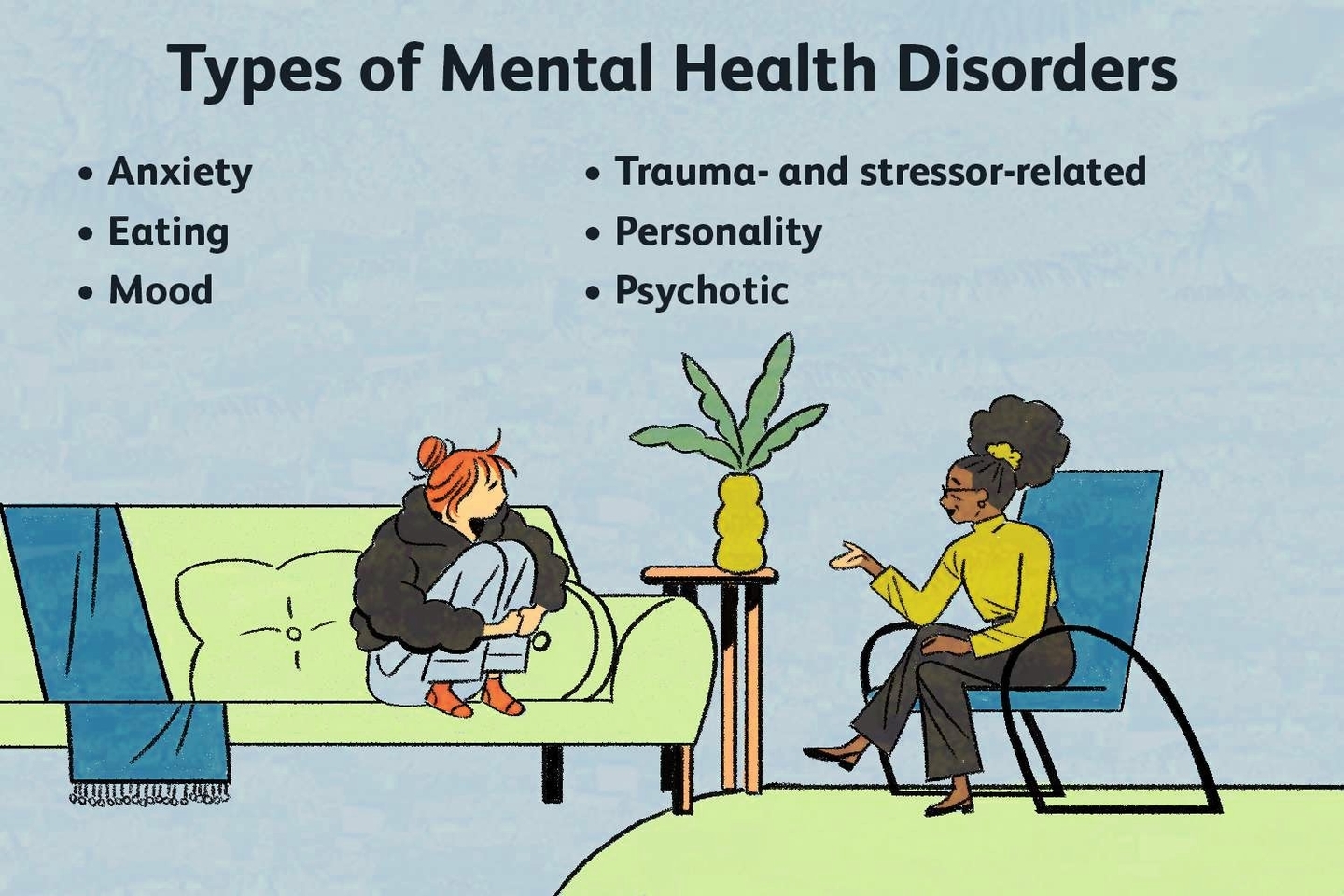Top Mental Health Disorders
Mental health disorders are conditions that affect a person’s behavior, emotional responses, or thinking. They range in severity and impact on everyday life. Here are some of the most common mental health disorders:
1. Anxiety Disorders: Characterized by feelings of tension, worrisome thoughts, and physical responses such as sweating or increased heart rate. There are several types of anxiety disorders:
– Generalized Anxiety Disorder (GAD): Defined by chronic worry and physical symptoms associated with anxiety, often occurring without a particular trigger.
– Obsessive-Compulsive Disorder (OCD): Involves recurring, unwanted thoughts and repetitive behaviors, often performed to try and alleviate the distress caused by intrusive thoughts.
– Panic Disorder: Characterized by repeated episodes of intense fear or panic attacks, leading to physical symptoms such as chest pain, heart palpitations, and shortness of breath.
– Social Anxiety Disorder: Causes people to be overwhelmed by anxiety in social situations.
– Specific Phobias: An irrational fear of something, such as a type of animal, blood, a situation, or an environment.
2. Mood Disorders: These include major depression (also called clinical depression), manic depression (also called bipolar disorder), and others.
3. Eating Disorders: Characterized by compulsive, unhealthy eating behaviors and often associated with a preoccupation with one’s body.
4. Personality Disorders: These are characterized by enduring maladaptive patterns of behavior, cognition, and inner experience.
5. Trauma- and Stressor-Related Disorders: These are adjustment disorders in which a person has difficulty coping during or after a stressful life event.
6. Attention-Deficit/Hyperactivity Disorder (ADHD): Characterized by problems paying attention, excessive activity, or difficulty controlling behavior which is not appropriate for a person’s age.
7. Autism Spectrum Disorder: A developmental disorder that affects communication and behavior, and includes symptoms that impair the individual’s ability to function properly in school, work, and other areas of life.
8. Disruptive Behavior


